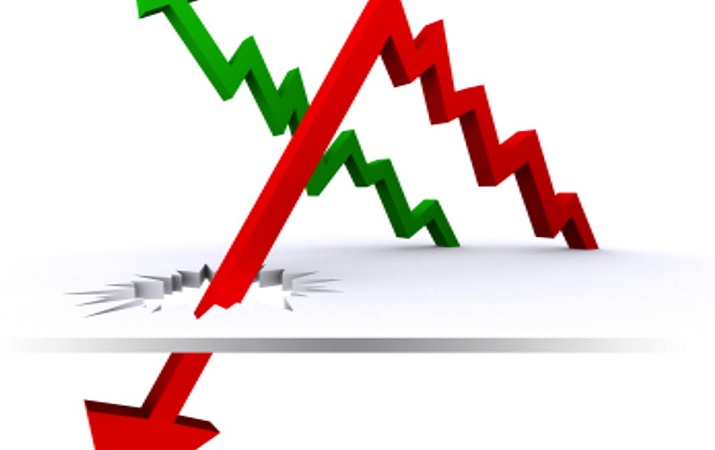Lockdown is been implemented in most of the countries and following this rule majority of the companies are working from home which has resulted in decreased organizational functions. Also, all the higher education institutions such as colleges and universities are temporarily closed or the students been taught through virtual classes, through online classes conducted by their colleges or universities.
The complete lockdown implemented in the country due to Covid-19 outbreak has affected the higher education in many ways, the higher education yearly patterns followed by all the universities and the colleges have been disturbed for the year 2020. All the board exams and various common entrance exams have been postponed due to lockdown. The government has announced some of the advantages for the students but those are only for the school students. The colleges and universities have to work on rescheduling their year plans after the lockdown, also those plans should help the students in their career-building process. As the companies and businesses are going under a huge loss due to lockdown and less organizational operations, this economic collapse has increased the percentage of unemployment in the country. This has created a recession phase in the country which will be a major disadvantage for the higher education, the following are some of the points explained how a recession can affect higher education in 2020:
1. Summer Internships
For those students who are studying professional courses, internships play a very important role in their career. Most of such students get their jobs through internships or will get a good industry experience which will further guide the students to apply for a right job and company according to their skills and interests. Not only the students pursuing professional degrees for every course internship play a major role in today’s competitive market scenario. Because of the lockdown companies are not functioning and summer internships are being cancelled by most of the organizations.
2. Placements
This period of the year is the time where most of the colleges and companies collaborate to provide the best placements for their students in reputed companies and with a good package. Most of the colleges are well known for their placement facilities provided to their students, but this year due to the lockdown most of the companies have turned off their placement opportunities.
3. Student Loan
As the demand for higher education is increasing, the fees for the courses are also rising. Today, most of the students opt for the education loan for their higher studies, through which they can study by taking a loan and then repay the loan when they start working. But, due to recession caused by the lockdown, it may affect those students who are depending on their education loan and by not getting any job or being laid off by their companies, students are unable to pay their educational fees.
4.Increasing Course Fees
When the economic slowdowns and recession takes place, the unemployment rate increases and to maintain the employment rate in their countries the governments will cut short on the budgets provided for the higher education development. This will make the colleges and universities to increase their course fees in order to provide an excellent education to their students along with all the required facilities.
5. Decreasing Teaching Staff
In general, it is a known fact that as the years are moving forward the number of people opting for a career in the teaching field is gradually decreasing. And due to this lockdown, recession and the effects on higher education sector is making this situation even worse because the demand for online education is increasing. When the students opt for online education the enrollment in the colleges gradually decrease and this will result in the lower employment for the teaching faculties.
Courtesy: HIGHER EDUCATION Review
Follow us on Facebook, Twitter, Linkedin.








